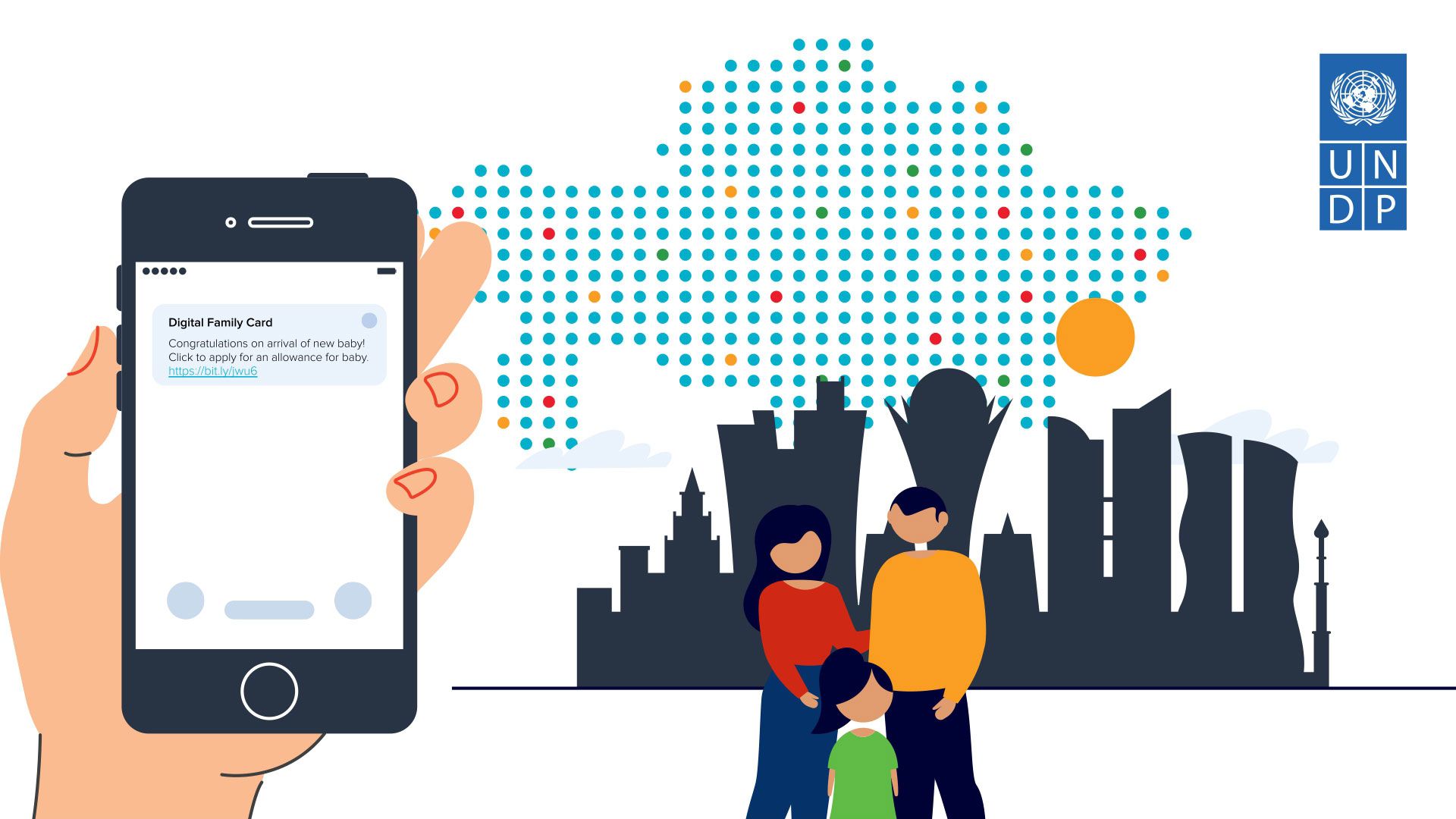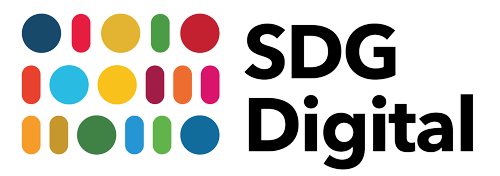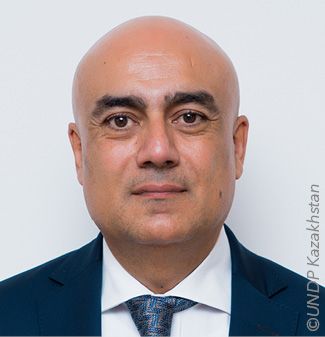
Kazakhstan’s Digital Family Card: Ensuring equal access to social protection


Digital technologies and data-driven decision-making can reduce inequalities, enhance services, and improve people’s lives. As we explore digital solutions to achieve the Sustainable Development Goals, we share the perspective of Sukhrob Khojimatov, Deputy Resident Representative for the United Nations Development Programme (UNDP) in Kazakhstan.
Tell us about your digital solution to accelerate progress on the UN Sustainable Development Goals (SDGs).
The Digital Family Card (DFC) is an innovative solution that aims to improve the quality of people’s lives by utilizing digital technologies and data-driven decision making. The DFC analyses vulnerabilities, identifies target populations, and provides comprehensive public services to vulnerable groups in a proactive manner across the Republic of Kazakhstan.
Through a comprehensive, gender-oriented, and holistic platform, the DFC improves the efficiency of government agencies, increases the transparency and accountability of budgetary spending, and ensures overall equal access to social protection services.
Which organization or group is behind this digital solution?
The Digital Family Card is operated by the domestic company “National Information Technologies” in partnership with UNDP Kazakhstan, the Ministry of Labour and Social Protection of the Population, and the Ministry of Digital Development, Innovation and Aerospace Industry.
How can your digital solution help put the SDGs back on track?
The DFC directly supports the most vulnerable groups by providing them with social protection measures, that include social benefits, pension, newborn care payments, among others. It eliminates barriers associated with traditional bureaucratic systems, providing all families, irrespective of their status, location, digital literacy, access to social benefits.
By providing a transparent and efficient method for distributing welfare, the DFC supports fair implementation of fiscal and social policies.
Which SDGs does your project aim to address, and why?
The Digital Family Card is most aligned with Goal 10: Reduced Inequalities.
But in addition to Goal 10 targets, the DFC also contributes to the achievement of several other SDGs. By enhancing social protection systems, it reduces poverty, improves access to resources and services, addresses hunger and healthcare needs, builds resilience, and boosts the recognition of unpaid care and domestic work.
Through a comprehensive approach and targeted support measures, the DFC contributes to the achievement of multiple goals and targets while improving the well-being and promoting the empowerment of vulnerable individuals and families.
What are the greatest challenges or risks you have faced in rolling out your digital solution for the SDGs?
Given the comprehensive nature of the Digital Family Card, a significant challenge was orchestrating the integration of data from various government sources within a limited timeframe.
The task demanded both political will and technical expertise from local teams. The presence of a well-established governmental legislative and digital framework contributed to the successful the integration of data from diverse government databases, overcoming existing challenges.
What are the advantages for UNDP country offices of joining forces with the International Telecommunication Union (ITU) and other partners to advance digital solutions for the SDGs?
Joining forces with ITU and other partners is key, as the methodology of the Digital Family Card can be applied not only in the field of social protection, but also in other areas. For example, it could enable local and international development projects to dive deeper into different aspects of education, applying a similar approach to identify the educational needs of students and providing personalized assistance.
The Government of Kazakhstan aims to share its approach. This is a solution that offers considerable potential for scaling and replication in other countries and regions, depending on the level of data and digital maturity of the country.
Bagdat Mussin, Minister of Digital Development, Innovation and Aerospace Industry of the Republic of Kazakhstan, presented this tech-based solution for reducing inequalities during the SDG Digital event at UN Headquarters on 17 September.
The Digital Family Card is featured as a solution for SDG10 (reduced inequalities) in the SDG Digital Acceleration Agenda, prepared by ITU and UNDP with knowledge partner Boston Consulting Group and support from the Inter-American Development Bank (IDB).

Image credits: UNDP Kazakhstan
(Updated 18/09/2023)
